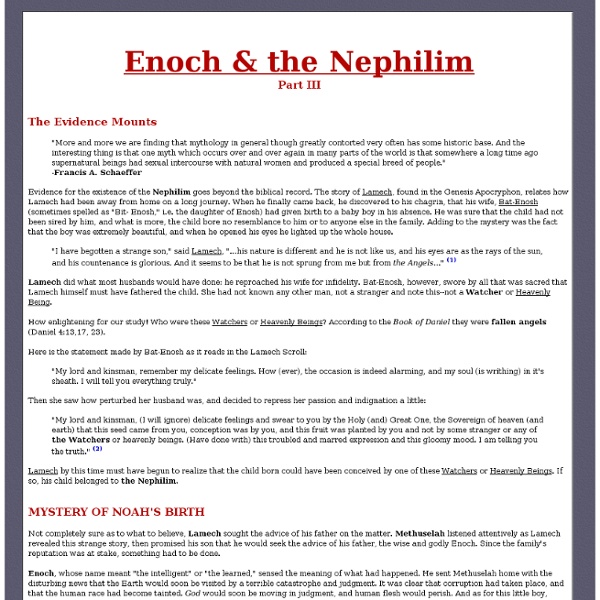Digital Dead Sea Scrolls
Paranormal, UFOs, Cryptids and Unexplained Phenomena
I came across several interesting stories recently while reading about Jewish mysticism and rituals. I decided to look further and discovered references to the 'Dybbuk'. To my surprise, much of what is described in Judaism and the Kabbalah in relation to spirits and possession correlates directly and more precise to the spirit rescue work that I have recently undertaken. A dybbuk (pronounced "dih-buk") is the term for a wandering soul that attaches itself to a living person and controls that person's behavior to accomplish a task. In the Roman Catholic view, a person can succumb to a demon or devil that takes over their body, and the only cure is an exorcism to drive the demon out. In the Old Testament of the Bible, a bad spirit is described as attaching itself to King Saul, the first chieftain of the ancient tribes of Israel. The first form is the Gilgul, which is the Hebrew word for 'rolling,' but means, in this context, the transmigration of the soul. The third form is the Ibbur.
Library of Ashurbanipal
The Royal Library of Ashurbanipal, named after Ashurbanipal, the last great king of the Neo-Assyrian Empire, is a collection of thousands of clay tablets and fragments containing texts of all kinds from the 7th century BC. Among its holdings was the famous Epic of Gilgamesh. Due to the sloppy handling of the original material much of the library is irreparably jumbled, making it impossible for scholars to discern and reconstruct many of the original texts, although some have survived intact. The materials were found in the archaeological site of Kouyunjik (ancient Nineveh, capital of Assyria) in northern Mesopotamia. Old Persian and Armenian traditions indicate that Alexander the Great, upon seeing the great library of Ashurbanipal at Nineveh, was inspired to create his own library. Discovery[edit] Three years later, Hormuzd Rassam, Layard's assistant, discovered a similar "library" in the palace of King Ashurbanipal (668 - 627 BC), on the opposite side of the mound. Contents[edit]
Book Cover Archive blog
What is Boxing Day?
When is Boxing Day? | Why is it called Boxing Day? | History of Boxing Day St Stephen's Day | What happens on Boxing Day? | Fox Hunting | Hunting the Wren In Britain, Boxing Day is usually celebrated on the following day after Christmas Day, which is 26 December. Like Christmas Day, Boxing Day is a public holiday. Traditionally, 26 December was the day to open the Christmas Box to share the contents with the poor. copyright of projectbritain.com What is a Christmas Box? The Christmas box was a wooden or clay container where people placed gifts. © copyright of projectbritain.com Through our research for this page, we have discovered that Christmas Boxes were used in different ways: To protect ships During the Age of Exploration, when great sailing ships were setting off to discover new land, A Christmas Box was used as a good luck device. If the ship came home safely, the box was handed over to the priest in the exchange for the saying of a Mass of thanks for the success of the voyage.
The Book Cover Archive
A Brief History of Boxing Day
If you're looking for something that explains the origins of Boxing Day, well, you're not going to find it here. The day-after-Christmas holiday is celebrated by most countries in the Commonwealth, but in a what-were-we-doing-again? bout of amnesia, none of them are really sure what they're celebrating, when it started or why. The best clue to Boxing Day's origins can be found in the song "Good King Wenceslas." According to the Christmas carol, Wenceslas, who was Duke of Bohemia in the early 10th century, was surveying his land on St. King Wenceslas didn't start Boxing Day, but the Church of England might have. But wait: there's another possible story about the holiday's origin. So which version is correct? Boxing Day has been a national holiday in England, Wales, Ireland and Canada since 1871. The Irish still refer to the holiday as St. And of course, there's the shopping. Boxing Day has evolved from a charitable day to an extended Christmas afternoon.
UH - Digital History



